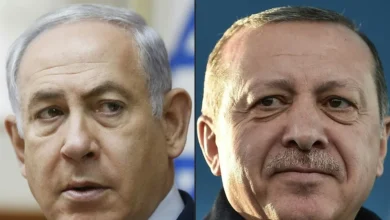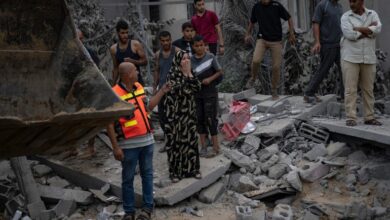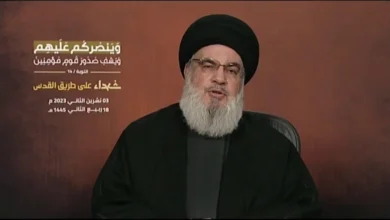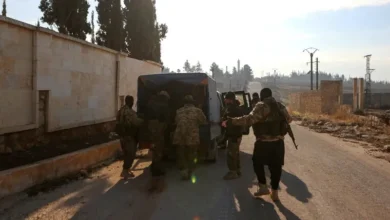US, Iraq will initiate talks on end of US-led military coalition: Sources
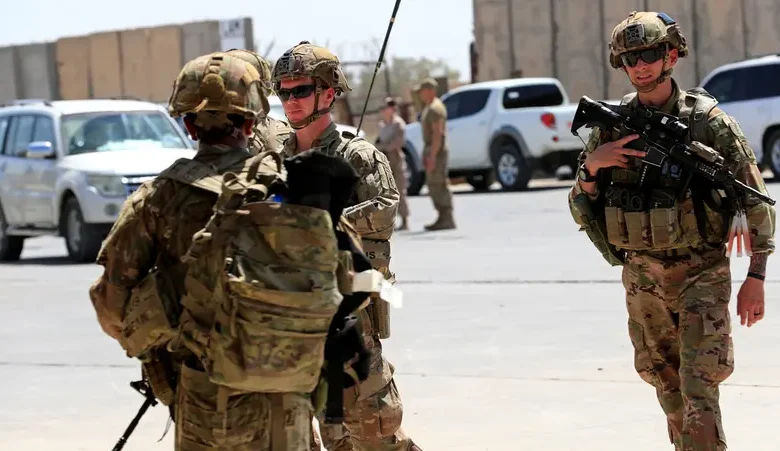
The United States and Iraq are set to initiate talks on the end of a US-led military coalition in Iraq and how to replace it with bilateral relations, four sources said on Wednesday, a step forward in a process that was stalled by the Gaza war.
In doing so, the US had dropped pre-conditions that attacks against it by Iran-backed Iraqi militant groups in Iraq first stop, three of the sources said.
Two sources said the US conveyed its readiness to initiate the talks to the Iraqi government in a letter handed over by US Ambassador to Iraq Alina Romanowski to Iraqi Foreign Minister Fuad Hussein on Wednesday.
Iraq’s foreign ministry said that an “important” letter had been handed over and the prime minister would study it carefully, without elaborating.
The talks are expected to take several months if not longer, with the outcome unclear and no US troop withdrawal imminent.
The US has 2,500 troops in Iraq, advising and assisting local forces to prevent a resurgence of ISIS, which in 2014 seized large parts of both countries before being defeated.
Hundreds of troops from many other mostly European countries are also in Iraq as part of the US-led coalition that was set up to fight ISIS.
That mission’s presence in Iraq has come under increasing pressure.
Iraq, a rare ally of both Tehran and Washington, has witnessed escalating tit-for-tat attacks between militias and US forces since the Gaza war began, with the militias seeking to pressure the US over its support for Israel.
US troops in Iraq and Syria have been attacked about 150 times by Iran-aligned militants based in Iraq, and the US has conducted a series of retaliatory strikes, the latest on Tuesday.
The escalating violence has led Iraqi Prime Minister Mohammed Shia al-Sudani to call for the quick exit of US-led coalition forces via negotiations, a process that was beginning to be initiated last year but stalled when the Gaza war began.
Washington had been unwilling to negotiate a potential withdrawal while under fire, concerned it would make any change to the mission seem coerced, thereby emboldening regional rivals, including Iran.
But the calculus changed amid a realization that the attacks would likely not stop and that the status quo was leading to steady escalation, two of the sources said.
“The US and Iraq are close to agreement on starting the Higher Military Commission dialogue that was announced back in August,” a US official said.
They said the commission would allow for joint evaluation of the Iraqi security forces’ capacity to fight ISIS and “shape the nature of the bilateral security relationship.”
“We have been discussing this for months. The timing is not related to recent attacks. The US will maintain full right of self-defense during the talks,” the official said.
The attacks have been led by powerful hardline Iraqi militias with close links to Iran, most of which do not have representation in parliament or government but still influence decision-making.
Iraqi and US officials hope that formally initiating the talks could have the effect of lowering political pressure on Sudani’s government and potentially decrease attacks on US forces.
